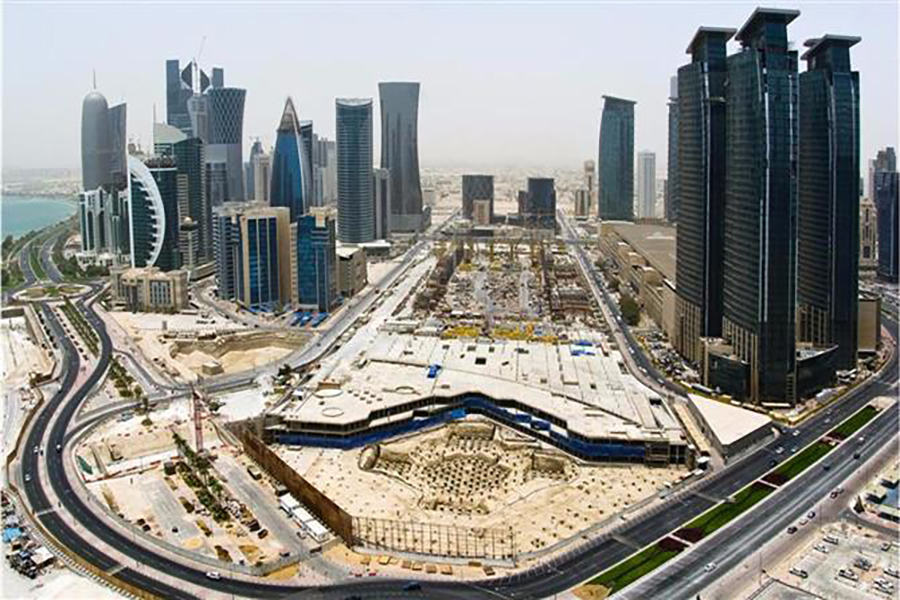Since June of this year, when four Arab states have severed diplomatic ties and suspended ties with Qatar, travelers circulating between Gulf states have not had an easy life. According to a report from the website Skift, who visited the capital Doha, who regularly travel between Qatar and the four neighboring countries that are part of the embargo – Saudi Arabia, Bahrain, Egypt and the United Arab Emirates – has even faced a real “nightmare” logistics to travel between them.
In the past, for example, there used to be 45-minute flights between Doha and Abu Dhabi in the UAE operated by Qatar Airways. Now travelers wishing to get to Doha from the Emirates have to fly first to Kuwait with a “particularly long” connection, according to the story, or calling in Oman.
In addition to Qatar itself, which can no longer fly to neighboring countries, Emirates Airlines, Etihad Airways, Saudia, Gulf Air, Flydubai and Air Arabia have suspended their operations in Qatar. The reason, according to the countries that broke diplomatic ties, is that the country would be offering “support for terrorism.”
Yes, arriving in Doha, or anywhere else in Qatar, has become a complicated mission for travelers who pass by frequently. Even so, the Arab country has managed to avoid even greater impact by its links with Turkey and Iran, and remains a destination constantly visited by tourists, mainly businessmen and corporate, who do not stop going to the region.
NEUTRAL CITY
Regarded by both the Skift and the New York Times as a neutral city in the political conflict in the Gulf region, Doha continues to welcome its usual corporate travelers as ever.
A clear example of the region’s business continuity is at the Four Seasons Doha, where it would continue to frequent US businessmen, Catharis and a wider list of nationalities.
In addition, although the political crisis continues, the works of the city do not stop. The construction of its subway, one of the largest public transport projects in the history of Doha and which will have 100 stations, is still active. It is expected that 37 of the points will be delivered by 2020, among other things, the first World Cup in the country to be held in 2022.
In terms of air travel, the capital of Qatar has one of the most modern today, Hamad International Airport, hub of Qatar Airways. It is considered “five star” by the company’s CEO, Akbar Al Baker.
One peculiarity of Hamad’s design is that, from within, one can not say whether it is day or night outside, purposely.
The complex’s capacity is scheduled to be expanded to about 65 million annual passengers with the addition of Terminal F, according to Arabian Business magazine.
With the delayed delivery of Abu Dhabi’s new airport, which according to the Gulf Business website is expected to be completed only in 2019 (initially expected to be opened in July), Hamad Airport, which has been in existence for a little over three years, maintains favorable strategic position as one of the main tourist arrivals in the region.
NEW HOTELS
In terms of hospitality, the emergence of new hotels of large networks should also not stop in Doha. In addition to the newly opened Mondrian, a second Four Seasons is under construction; besides them, a JW Marriott is on the way, along with a Le Meridien and a property of Langham Place. For Skift, it is clear how the investments and bets in the city should not stop, especially with the proximity of the Glass of 2022.
Photo: Reproduction
Source: Panrotas

